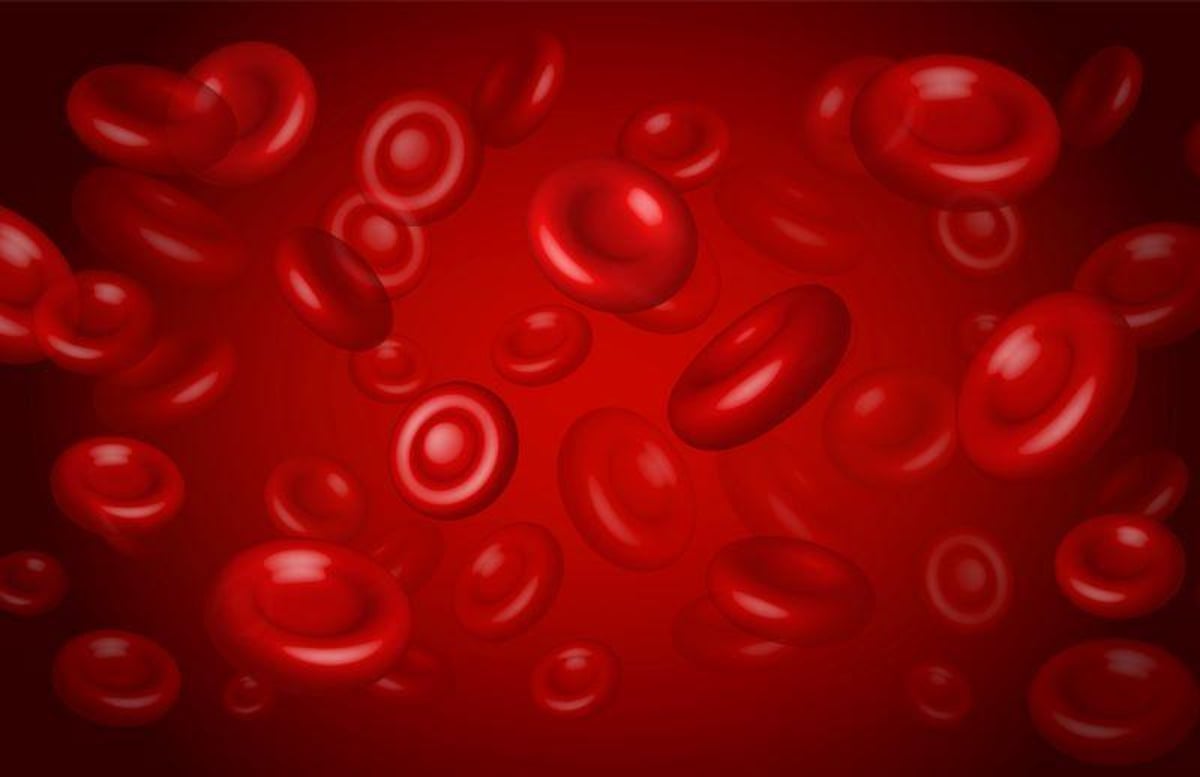Induced Abortion in First Trimester Not Linked to Rh Sensitization

THURSDAY, Oct. 19, 2023 (HealthDay News) -- Induced first-trimester abortion is not associated with Rh sensitization, according to a study published online Sept. 26 in the Journal of the American Medical Association.
Sarah Horvath, M.D., from Penn State University College of Medicine in Hershey, and colleagues conducted a multicenter, observational, prospective cohort study to detect circulating fetal red blood cells (fRBCs) in paired maternal blood samples before and after induced first-trimester abortion. Paired blood samples were available for 506 participants who underwent medical or procedural abortion (63.0 and 37.0 percent, respectively).
The researchers found that three of the participants had elevated fRBC counts at baseline; one of these had an elevated fRBC count after abortion (0.2 percent). After induced first-trimester abortion, no other participants had elevated fRBC counts above the sensitization threshold. The median change from baseline in fRBC counts was 0, with upper 95th and 99th percentiles of 24.0 and 35.6 fRBCs, respectively. A strong association was seen between preabortion and postabortion fRBC counts, but no other baseline characteristic was associated with postabortion fRBC count.
"This evidence should inform the alignment of international guidelines and clinical care surrounding Rh immunoglobulin following first-trimester induced abortion," the authors write.
One author disclosed ties to Athenium Pharmaceuticals and has a patent for medical management of nonviable pregnancy.
Abstract/Full Text (subscription or payment may be required)
Related Posts
U.S. Nursing Home Deaths Rise as Delta Spreads
MONDAY, Oct. 4, 2021 (HealthDay News) – There has been a significant increase in...
High BP Tied to One in Eight Emergency Visits for Cardiovascular Issues
MONDAY, Sept. 26, 2022 (HealthDay News) -- There are significant sex differences...
Semaglutide Better Than Liraglutide for Post-Bariatric Surgery Weight Recurrence
WEDNESDAY, June 7, 2023 (HealthDay News) -- Semaglutide is associated with...
NFL Players Face 4 Times the Odds of ALS
THURSDAY, Dec. 16, 2021 (HealthDay News) -- NFL players are four times more...
